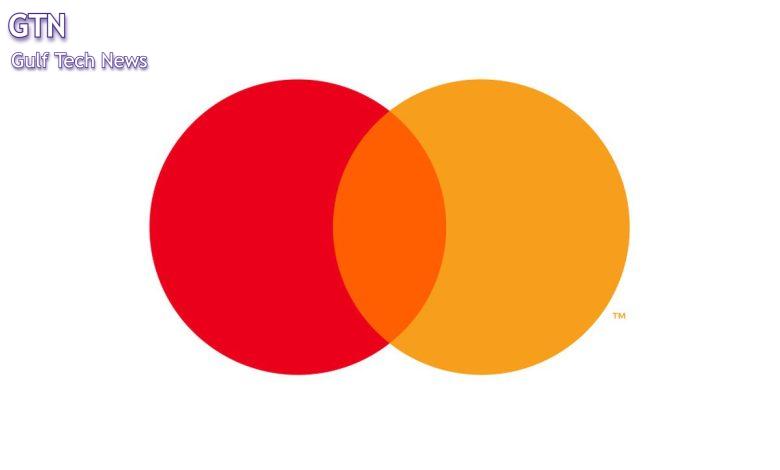Cairo and Cape Town are top trending destinations for Saudi travelers, says Mastercard Economics Institute

- Last year saw the Kingdom of Saudi Arabia exceed three million inbound visits per month for the first time in its history, continuing into the first quarter this year
The travel sector in 2024 is breaking boundaries. This year consumer spending on travel is robust with significant increases in passenger traffic, according to the latest global report from the Mastercard Economics Institute.
‘Travel Trends 2024’ provides comprehensive insights into the evolving landscape of the travel industry across multiple markets.
Despite fluctuating exchange rates and varying levels of affordability, the desire to travel remains stronger than ever.
Travelers from the Kingdom of Saudi Arabia preferred Cairo, Rome and Cape Town in the last 12 months indicating an increased appetite for outbound travel[1].
Saudi’s tourism authority also released data that showed the Kingdom exceeded three million inbound visits per month for the first time in its history and repeated that for three consecutive months this year (January to March 2024)[2].
In 2024, globally, the travel sector is flourishing, with nine out of the last 10 record-setting spending days in the global cruise and airline industry occurring this year[3].
Travelers leaving the Middle East region are more strategic with where and when they travel and are increasingly spending closer to home within the region as seen with Saudi travelers.
Meanwhile, travelers to Africa and the Middle East are extending their trips by an extra three days compared to the pre-pandemic period.
“The travel sector in the Middle East region is incredibly strong and resilient, supported by consumer demand, an appetite to discover destinations closer to home, while enjoying memorable and authentic experiences.
It’s great to see travelers extend their stays, and this is something that’s very positive for the tourism industry at large, as well as local governments building diversified economies,” said Natalia Lechmanova, Chief Economist EEMEA at Mastercard Economics Institute.
Drawing on a unique analysis of aggregated and anonymized transaction data, including Mastercard SpendingPulse™, and third-party data sources, the report takes a deep dive into key travel trends globally for the year and beyond, including:
Record traveling
Globally, international travel has surged in Q1 of 2024 overall. Similarly, in the Middle East, tourism boards – in addition to Saudi Arabia – have announced some historic firsts:
- Egypt recorded 27% year-on-year growth in visitors in 2023. Tourist arrivals in Morocco reached 3.3 million at the end of the first quarter of 2024, up 12.8% on the same period a year earlier[4].
- After setting a new visitor record in 2023, Dubai recorded a 11% increase in Q1-2024 tourism numbers[5]. The surge in travel reflects greater activity, fueled by a stronger desire to travel.
Leisure for longer
Tourists in the Middle East and Africa have spent an extra three days on vacation on average, compared to the global average of one extra day. In contrast to pre-pandemic stays, visitors to the UAE are spending about a day longer, while in Morocco, they’re staying about four days longer.
This trend is driven by warmer climates and affordable destinations, with the Mastercard Economics Institute finding a clear inverse relationship between the price of the destination and the incremental number of days tourists spend while in those destinations.
In other words, the cheaper the destination, the longer the stay.
Experience economy on the go
Consumers have prioritized meaningful experiences over material goods, even when traveling. Spending on experiences now totals 12% of tourism sales, according to SpendingPulse Destinations which measures in-store and online retail sales across all forms of payment – the highest point in at least five years as of March 2024.
In the UAE, tourism spending on casual dining has been roughly 21% higher than the same time last year. Memorable events are driving travel trends, whether it is for concerts (like Taylor Swift shows) or sporting events (like the Cricket World Cup).
In 2027, all eyes will be on Egypt when a total eclipse happens right above the pyramids. Analysis by the Mastercard Economics Institute of this year’s solar eclipse in the US found a substantial lift in sales.
Cruising full steam ahead
For many travelers, the widening price difference between cruises and hotels has made cruises a more budget-friendly option for a getaway. Global cruise passenger transactions were roughly 16% above 2019 levels in Q1.
In March, the Cruise Arabia alliance was formed by Dubai, Abu Dhabi, Bahrain and Oman’s maritime and tourism authorities to position the Arabian Gulf as an international cruise destination.[6]
Comprehensive support to travelers and tourism sector
Mastercard is dedicated to helping the global tourism sector welcome travelers through a range of services, from market analysis and high-frequency data insights that help make sense of changing consumer trends to customer engagement strategies that personalize the travel experience and drive brand loyalty.
And with comprehensive travel benefits and convenience, cardholders can enjoy their travel experiences and everyday purchases with peace of mind.





